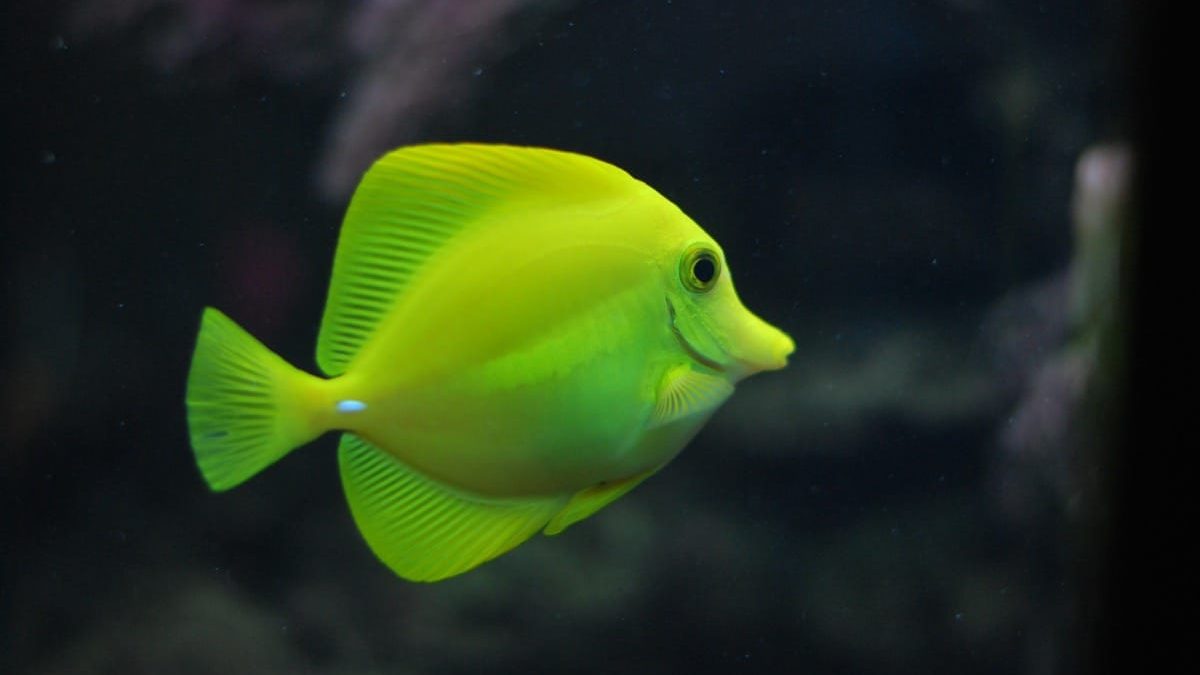
Where Do Fish Sleep?
Fish are fascinating creatures, silently gliding through the water, their lives often shrouded in mystery. One question that often pops up: where do these aquatic animals catch their Zzz’s? Buckle up, because we’re diving deep to uncover the truth about fish sleep!
Where Do They Sleep at Night?
Turns out, “sleep” for fish isn’t quite the same as what we humans experience. They don’t have cozy beds or fluffy pillows (that would be impractical underwater!). Instead, they enter a state of reduced activity and alertness, sometimes called resting.
This resting can look different depending on the fish species:
- Floaters: Some fish, like tuna and sharks, maintain buoyancy by constantly swimming. At night, they might slow down and drift in place, remaining partially aware of their surroundings.
- Bottom-dwellers: Bottom-feeding fish like catfish or flounder might burrow into the sand or mud for a peaceful snooze.
- Cave dwellers: Fish seeking extra protection, like groupers or moray eels, might tuck themselves into crevices or caves for the night.
- Nest builders: Some crafty fish, like cichlids, actually construct underwater nests from plants or debris, offering a safe haven for sleep.

Sleeping in the Wild
In the wild, sleep location is all about safety and survival. Fish need to balance rest with staying alert for predators. Sheltered areas like coral reefs, seaweed beds, or rocky crevices become prime napping spots. Some fish even school together for safety while they rest.
Here’s a fun fact: Did you know some fish change color at night for camouflage? This helps them blend in with their surroundings and avoid becoming a tasty midnight snack.
Winter Snoozing: Do Fish Hibernate?
While some mammals hibernate during winter, most fish don’t. However, they do adapt their behavior to colder temperatures. Some reduce their activity, becoming less active feeders and swimmers. Others migrate to warmer waters seeking a more comfortable climate.
Interestingly, some fish species in frozen lakes enter a state of torpor, where their bodily functions slow down significantly. This isn’t quite hibernation, but it allows them to survive harsh winter conditions.
Unveiling the Secrets: Fish Sleep Habits
Fish sleep is a complex and fascinating area of research, with new discoveries constantly being made. Here are some interesting facts about fish sleep habits:
- Brainwave changes: Studies show that some fish exhibit brainwave patterns similar to those seen in sleeping mammals, suggesting deeper sleep states than previously thought.
- Dreaming fish? Who knows! We can’t ask them, but some scientists believe fish might experience dream-like states during rest.
- Day vs. night: Most fish have internal clocks that regulate their sleep-wake cycles. Some are diurnal (active during the day) while others are nocturnal (active at night).
So, Do Fish Sleep Like Us?
Not quite! While they don’t have eyelids or climb into cozy beds, fish do experience periods of rest and reduced activity that serve similar functions to our sleep. Whether you call it sleep, rest, or something else entirely, one thing’s for sure: the underwater world holds many secrets, and fish sleep is just one of them!



